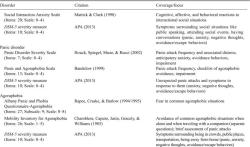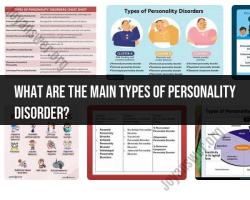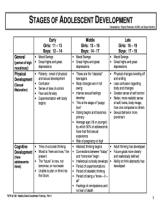Can a sociopath be happily married?
The concept of sociopathy, also known as antisocial personality disorder (ASPD), presents complex challenges when it comes to marriage and relationships. ASPD is characterized by a pattern of disregard for the rights of others, a lack of empathy, manipulative behavior, and a tendency toward impulsivity and deceit. These traits can make it difficult for individuals with ASPD to maintain healthy and satisfying marriages or long-term relationships. Here are some considerations:
Superficial Charm: Sociopaths are often skilled at presenting a charming and charismatic facade, which can initially attract a partner. However, this charm is typically superficial and is used to manipulate others for personal gain.
Manipulation: Individuals with ASPD may engage in manipulative behavior, deceit, and exploitation in their relationships. This can lead to emotional harm and distress for their partners.
Lack of Empathy: A hallmark of ASPD is a significant lack of empathy. This absence of empathy can make it challenging for a sociopathic individual to genuinely understand and respond to their partner's emotional needs.
Impulsivity: Impulsive behavior and a disregard for social norms can lead to risky behaviors that can negatively affect a relationship. This may include infidelity, substance abuse, or legal issues.
Stability and Trust: Trust is a fundamental aspect of any successful marriage or relationship. Sociopathic behavior, including dishonesty and betrayal, can erode trust and stability within the relationship.
Treatment and Change: While personality disorders like ASPD are often considered challenging to treat, some individuals may seek therapy and treatment to address their behaviors and improve their relationships. However, change can be difficult and may require long-term therapy and commitment.
Safety Concerns: In some cases, individuals with ASPD may engage in abusive or violent behavior, posing significant safety risks to their partners. In such situations, it is crucial for the safety of the partner to seek support and protection.
It's important to note that not all individuals with ASPD will exhibit the same degree of harmful behavior, and there may be variations in their ability to maintain relationships. However, the core features of the disorder, including a lack of empathy, deceitfulness, and manipulation, can create significant challenges in achieving a genuinely happy and healthy marriage.
If you or someone you know is in a relationship with a person who may have ASPD or is experiencing difficulties in such a relationship, seeking the guidance of a mental health professional, counselor, or therapist is recommended. They can provide support, strategies for coping, and guidance on how to navigate complex relationship dynamics.













